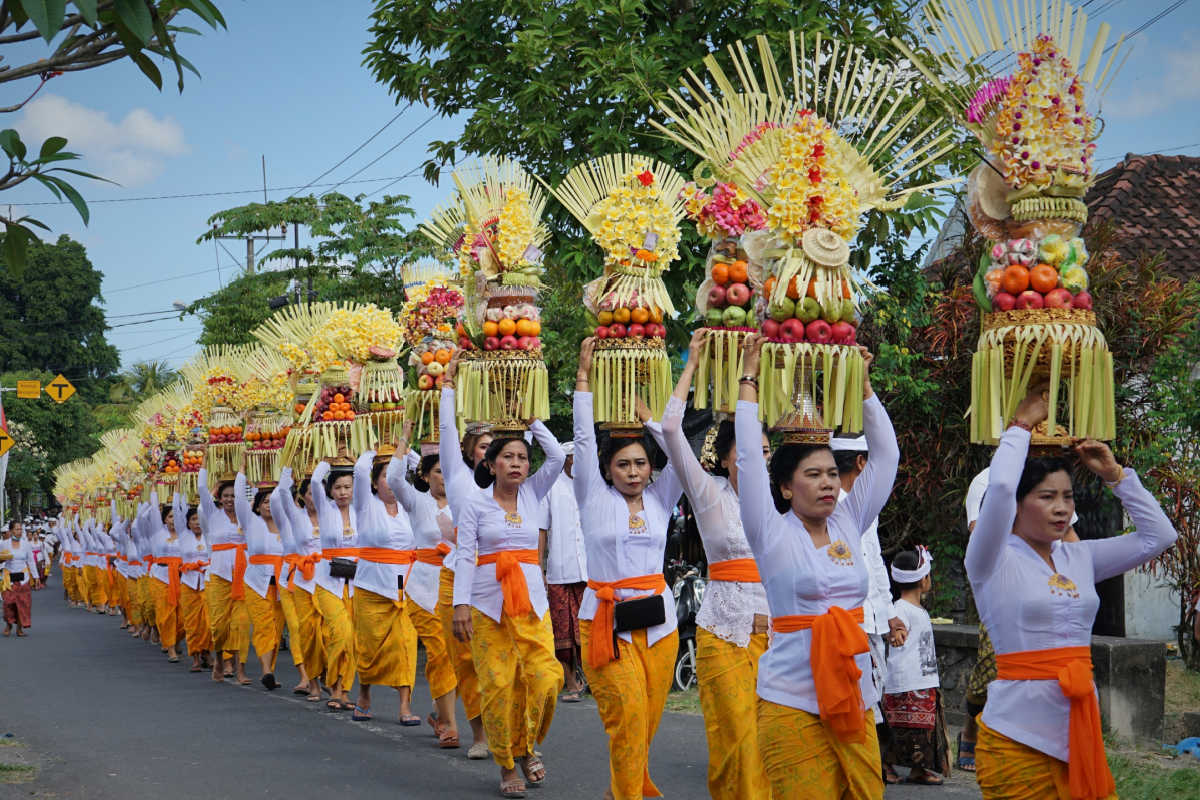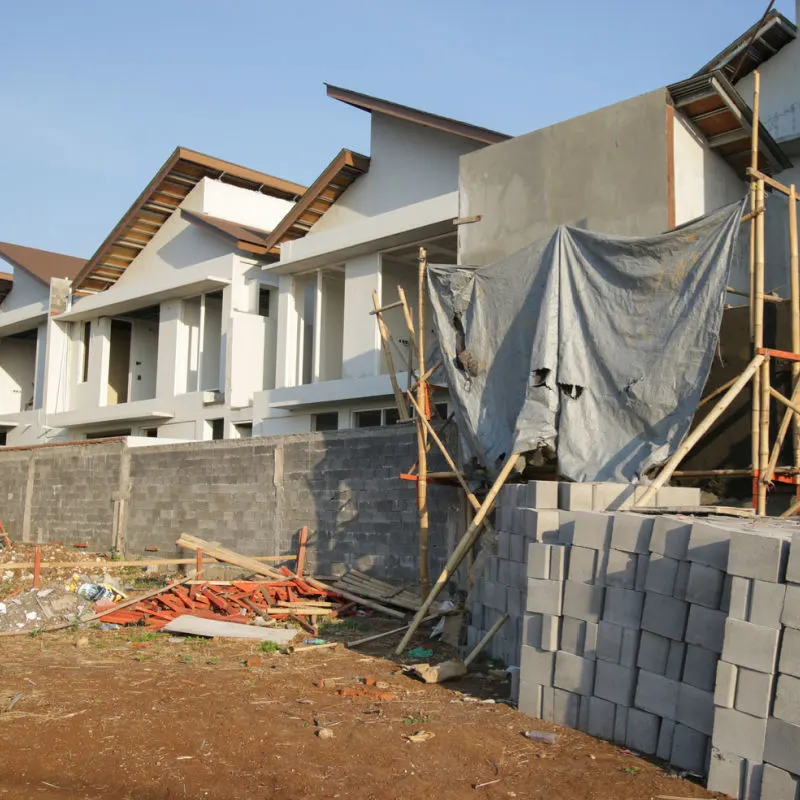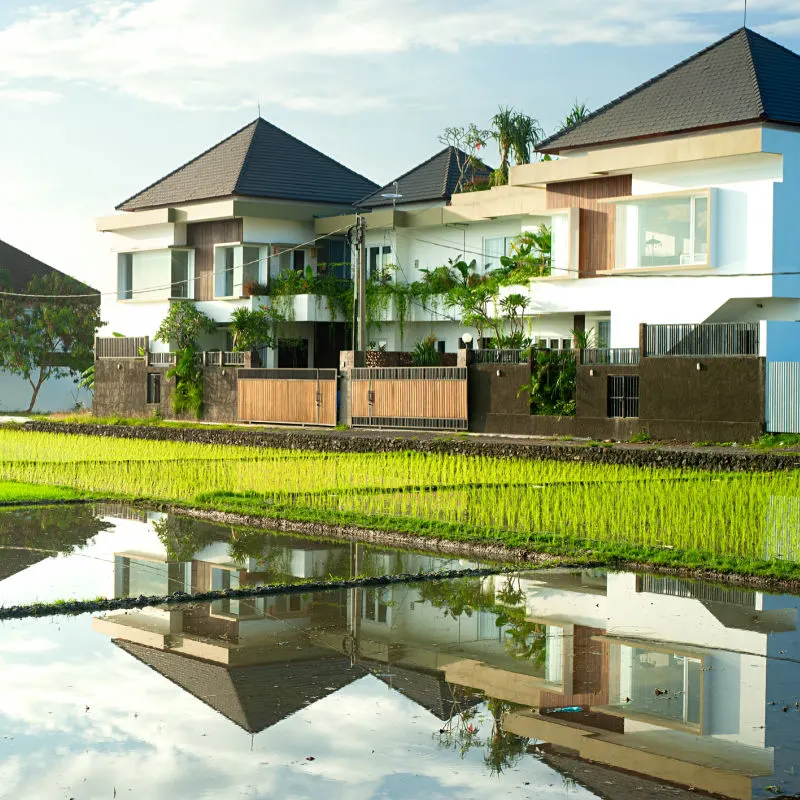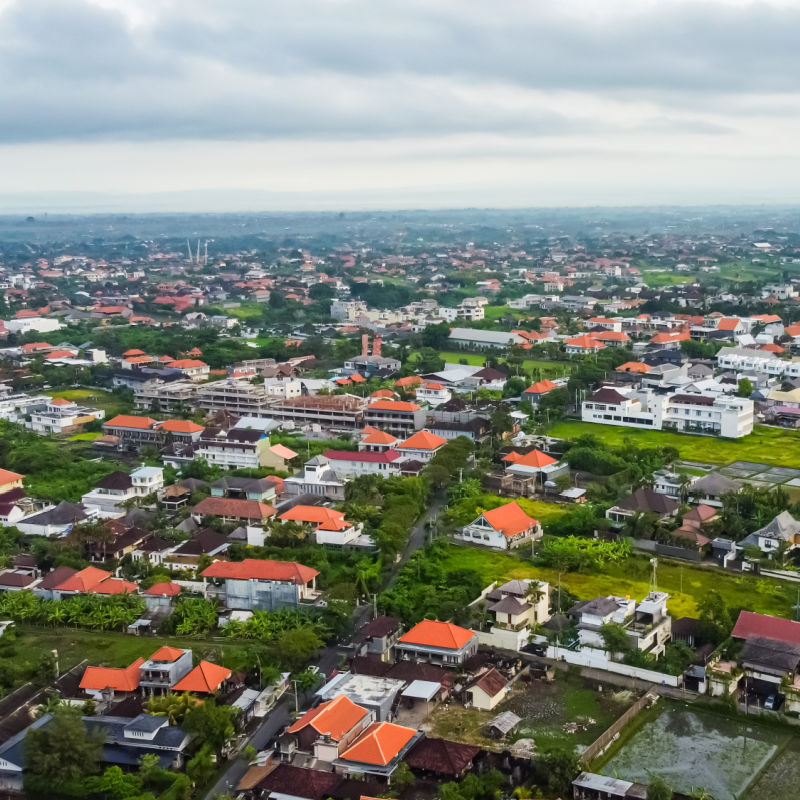A top professor of tourism in Bali has spoken out about the negative impacts the industry is having on the island’s cultural identity.
Professor I Gusti Bagus Rai Utama, who is the Chancellor of Dhyana Pura University in Dalung, Bali, shared his observations with reporters.

Speaking to the press, Prof Rai explained “The tourism industry in Bali, the mainstay of tourism on this island, has, in fact, lost its idealism.”
“When capitalism dominates this island, artistic creativity focuses on profit, and Balinese people no longer feel alive and living in Bali, this is the moment that actually occurs when the idealism of development disappears.”
He went on to explain, “Not to mention when employees work in international standard hotels but have to be satisfied with local salaries when craftsmen have to work as laborers and no longer as artists when sculptors and painters have no inspiration in their souls.”
Keeping cultural heritage alive and thriving is one of the reasons why the Bali Provincial Government introduced the tourism tax initiative back in February.
The government confirmed that funds generated from the new mandatory levy would be used to ‘nurture nature, preserve culture’ and help level up tourism infrastructure.
However, the newly deployed tourism police units have been tasked with conducting spot checks on tourists outside top attractions like Tanah Lots Temple after it transpired that 60% of international tourist arrivals have been failing to pay the tourism tax.
Once tourists have paid their tourism tax contribution, they will be issued with a voucher containing a scannable QR code that should be presented to tourism authorities on request.
Prof Rai explained that while he acknowledges that tourism has helped Bali develop in ways that have had a positive impact, tourism should not be prioritized over all other industries.
He noted that other sectors, such as agriculture, must also be given as much attention.
He concluded, “No one can deny that Bali tourism has become a locomotive for development in recent years. However, the locomotive should remain a locomotive and must be controlled so that it remains on the path of true idealism for Bali’s development.”
The concerns raised by Prof Rai are views shared by many local communities, political leaders and academics in Bali, and Indonesia more broadly.
Ex-Deputy Governor of Bali and Head of the Hotels and Restaurants Association for Bali, Cok Ace, recently spoke with reporters about the need for serious spatial planning assessments to be conducted across Bali but especially in the leading tourism resorts of Badung Regency.
He called for an assessment of supply and demand to be conducted before more hotel and resort permits are granted in the area.

Cok Ace’s comments came as top hoteliers in Canggu shared observations that by 2025, Bali’s booming resort of Canggu would have more than 6,000 hotel rooms, risking over-tourism and oversupply.
Badung Regency spans the central south of the island and includes resorts like Kuta, Legian, Seminyak, Canggu, Nusa Dua, and Uluwatu.

In an interview hosted in November last year, the Chairman of the Warmadewa Research Center, Dr. I Nyoman Gee Mahaputra, told journalists about how the ‘wild’ development of the tourism industry in Bali must be brought under control and fast.
In the same month, lecturer I Made Sudarma from Bali’s Udayana University spoke about the need for tourism development to take a deeper look at the ecological impact, with a specific focus on the province’s worsening annual droughts.

He shared, “When it rains, are humans ready to capture rainwater and store it for the future? [No] Meanwhile, what is happening now is that deforested areas are becoming more widespread, and land conversion [for tourism] is becoming more widespread.”
Remove All Ads & Unlock All Articles… Sign up for The Bali Sun Premium

Plan Your Bali Holiday:
Book The Best English Speaking Drivers For Airport Transfers & Tours
Choose From Thousands of Bali Hotels, Resorts, and Hostels with Free Cancellation On Most Properties
Book Cheap Flights To Bali
Don’t Forget Travel Insurance That Covers Medical Expenses In Bali
For the latest Bali News & Debate Join our Facebook Community
SUBSCRIBE TO NEW POSTS
Enter your email address to subscribe to The Bali Sun’s latest breaking news, straight to your inbox.
Discover more from The Bali Sun
Subscribe to get the latest posts sent to your email.

Singam
Thursday 18th of April 2024
I totally agree with what the author said. When I visited Bali, noticed everything is commercialized, locals are trying to make a quick buck satisfying the tourists at the expense of culture and values.
Sadsad
Thursday 18th of April 2024
Bali has become the Island Rupiah.
Shorty
Thursday 18th of April 2024
@Sadsad, No more than Sydney is $ydney, Singapore is $Singapore, Jakarta is JakaRpta.
Alex
Wednesday 17th of April 2024
It's true you should try to conserve your cultural identity - that is what people come to Bali for. But then think about how it is for the people of the Congo or Venezuela? Think about how much the tourism has brought you so much benefit? You need to manage and keep your culture.
Na Kolohe
Wednesday 17th of April 2024
If you want proof of this look at Hawaii. Lands stolen and culture destroyed for the almighty dollar. It's too late you can't go back. You had the chance during the pandemic but everything is back to normal prepandemic.
Shorty
Wednesday 17th of April 2024
Yes Bali identity is being diluted by tourism. But remember in the main the changes are driven by the tourists' expectations and wants.